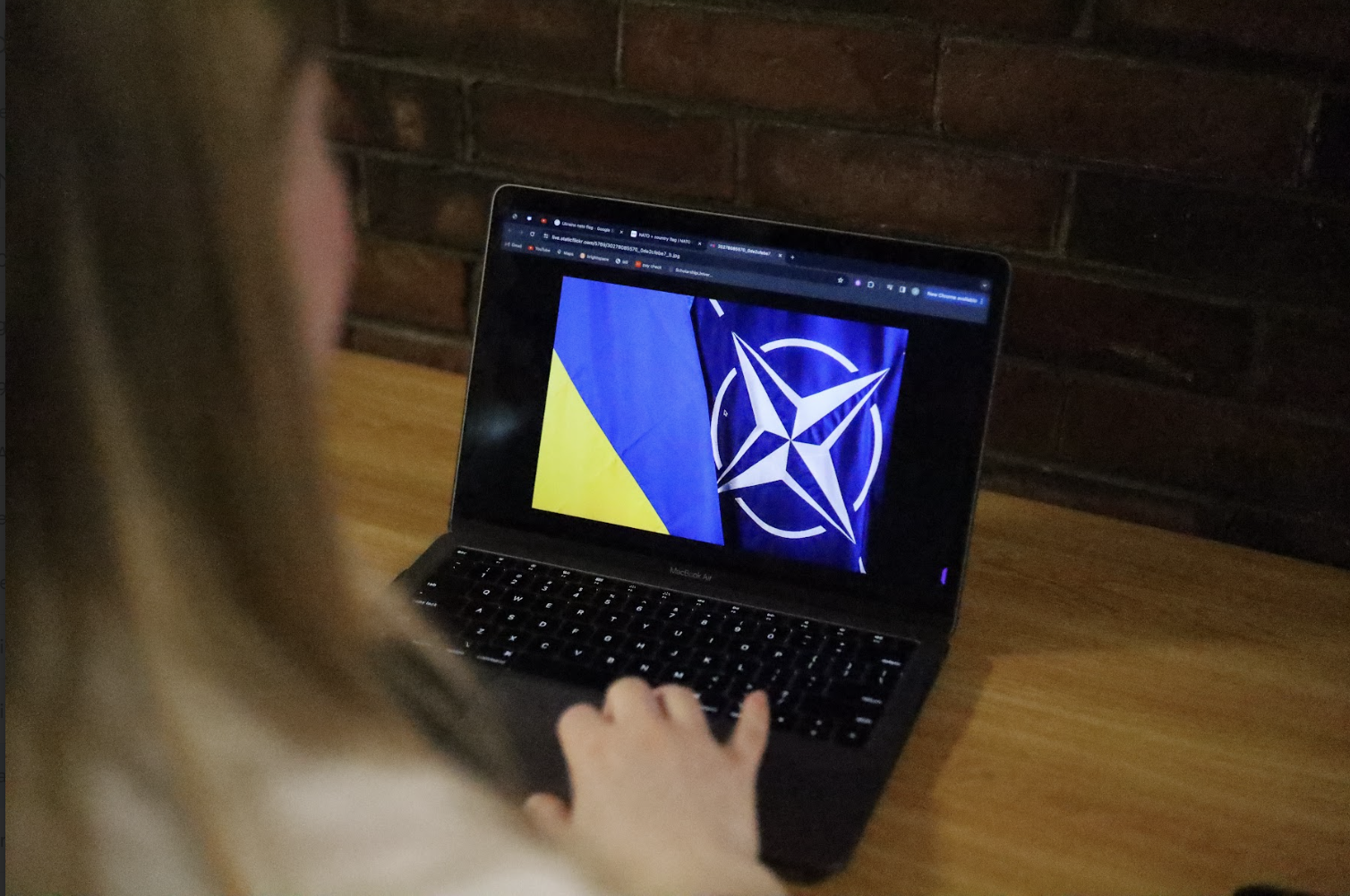The North Atlantic Treaty Organization (NATO) was founded in 1949 to combat Soviet influence in Europe and the formation of the Warsaw Pact.
After 1991, with the collapse of the Soviet Union, NATO found a new purpose of upholding democracy wherever threatened on the globe. This proved instrumental in the bombings of Belgrade, which sought to oust Serbian president Slobodan Milosevic, and the mission to oust the Taliban in Afghanistan after 9/11. Now, a reemerging threat has reared its ugly head: Russia’s 10-year-long invasion of Ukraine. NATO needs to look at expansion into countries such as Ukraine, Moldova and Georgia to thwart the Russian threat looming to disrupt democracy within Europe.
Over the last year, NATO accepted Finland and Sweden as members following the Russian invasion of Ukraine. This has been crucial in blocking off the Baltic Sea to Russian military exercises. Additionally, these moves establish NATO dominance over a critical region where, if war ever broke out, the United States and its allies would have the upper hand in ensuring Russian naval operations are kept within its waters. As noted earlier, NATO has been pivotal in enhancing cooperation between Europe and North America. We have seen this with aid to Ukraine and, to a lesser extent, with Georgia during the Russian invasion of 2008. This helped to thwart Russia from occupying these countries fully. However, this is still not enough.
We must look beyond the confines of NATO’s current borders to extend an invitation to Ukraine, Moldova and Georgia to join the alliance as full members, even if it means risking war with Russia, as this is a matter of protecting democracy for human civilization. The current trajectory shows Russia’s aggression to nations beyond Ukraine can not be ruled out for the nation of Moldova, with the breakaway state of Transnistria surviving since the USSR collapse. They have recently expressed interest in being annexed by Russia. If this occurred, it would lead to Russia having a base of operations to help expand out into southwestern Ukraine and eventually set sight onto Moldova. Long-term, President Vladimir Putin has expressed a need to restore Russia to the days of the Russian Empire which will require an outright expansion expressed chiefly through the establishment of Russian puppet governments in Eastern Europe.
Critics will argue that an expansion would lead to a war with Russia. Such a prospect is necessary for the survival of freedom that people within these countries yearn for and to restore democratic ideals of the right of free speech, assembly, thought, and voting. These have long been neglected by the governments of Russia, Belarus, and several breakaway Russian-backed states. Including Ukraine, Moldova and Georgia into NATO would put considerable strain on the Russian Black Sea Fleet and help mitigate its dominance. This would help restrain Russian activities in the Black Sea and would leave them with only the Pacific or Arctic Oceans available to conduct exercises.
However, if a war were to break out as a result, it would be in NATO’s best interest to help overthrow Putin’s regime and install democracy. Long-term, this would lead to a better outcome for the world by ensuring the people of Russia finally enjoy the benefits of democracy, re-orienting towards the West and opening the potential for their inclusion into NATO and the European Union. This would ensure that the influence of China is curbed substantially, leaving them isolated and forced into collaboration with the West. This could even result in the democratization of China after President Xi leaves office. Additionally, the Middle East dynamic would start to alter as without Russia, Iran would be left to its own devices. At that point, regime change would be necessary as an anonymous state-run poll indicates the people do want change in their government away from the theocratic dictatorship that presently exists.
The expansion of NATO to these countries ight cause a confrontation in the short-term, but the long-term prospects would serve humanity better. We would see a resurgence of democracy flourishing throughout Europe and the world, with certain ethnic groups in Russia potentially seeking self-determination of their own. In the meantime, Ukraine, Moldova and Georgia would be protected from the occupation of their nations and would enjoy the luxuries of having a nation with full access to the democracy it deserves.




